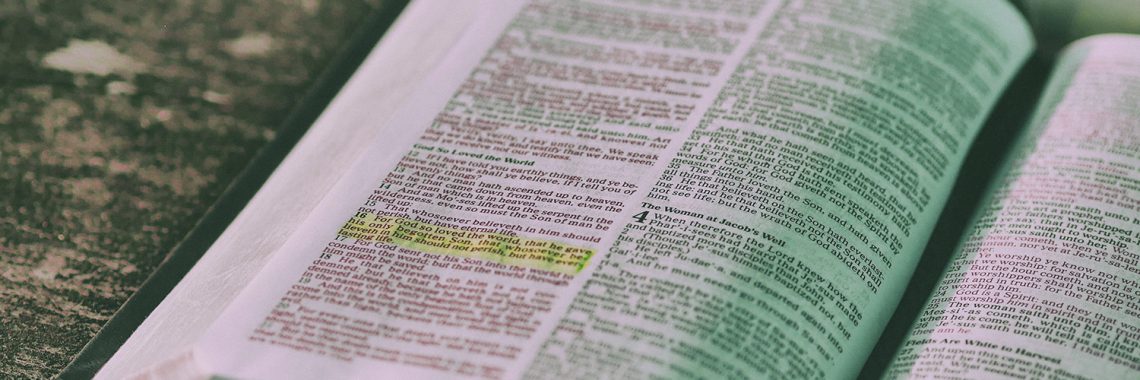A few days ago, I discovered a music band that plays interesting music with a unique, unmissable character, unlike most modern mass-produced, instantly forgettable pop music. Recordings of the band’s concerts showcase highly energetic and memorable performances, while their music videos are classy and professional; unlike many others, they don’t drip with cringy and oversexualised content. However, as usual, it turns out that I’m a bit late to the party, as the band suspended their activity last year. Nevertheless, their back catalogue is extensive enough to enjoy for a long while. The only fly in the ointment is that they sing in a foreign language I neither understand nor speak, so even if they sang a shopping list, I would be none the wiser. From this point of view, the lead singer’s voice is yet another instrument. It reminded me of my teenage years, when I was semi-obsessed with music and listened to a wide range of British and American songs. At that time, I didn’t speak English, so I didn’t have a clue what they were singing about – I just liked the tunes. Only many years later, having learnt the language, I came to understand the lyrics of those old songs, and somehow they gained a new, meaningful lease of life in my mind. Although most of those prolific artists of my youth have retired a long time ago, their creations continue to raise high spirits in hopelessly nostalgic middle-aged men like me.
Recently, in a brutally honest conversation with young people, I learned that one of the many reasons for skipping Sunday Mass is that they don’t understand it and consequently find it boring and difficult to follow. I wasn’t surprised in the slightest. Too often, we assume that Catholics understand and appreciate the Mass just as it is, while the reality is more complicated. For some of us, even though we don’t grasp its structure, symbols, and rituals, the Mass offers a sense of familiarity; we know what to expect, how it will proceed, and roughly how long it will take. There are essentially only three variables in this equation: a selection of hymns, a set of biblical readings, and a sermon. Then some of us grasp that as Catholics, we are duty-bound to attend Mass on so-called “holy days of obligation”, namely Sundays and other special feasts, so we come to Mass to fulfil this duty. Neither of these – familiarity nor a sense of obligation – motivates many to attend Mass, especially not children and teenagers. Their parents know all too well how challenging it can be to coax them to go to church on a Sunday morning. I still remember how, as a child, I tried various tricks with my Mum to skip the Mass. They hardly ever worked since you ask.
One of the primary reasons why the Mass can be such a challenging experience is its language. I mean this in a much broader sense than just a specific tongue, such as English or Latin. I mean the symbols, points of reference, structure, rituals, and so on. On the surface, the Mass appears as a repetitive spectacle or theatre in a more or less foreign language. We might admire the performance, particularly in high-profile celebrations like the papal Mass at the Vatican, but the novelty quickly wears off due to the repetitiveness of the Mass, akin to a once-great song played on a loop. However, when we learn the “language of the Mass,” we can uncover meanings that transcend its visible, audible, and tangible dimensions; we can “see” the imperceptible, “touch” the impalpable, “hear” the inaudible. We can commune with the One “who has blessed us in the heavenly realms with every spiritual blessing in Christ. […] In him we have redemption through his blood, the forgiveness of sins, in accordance with the riches of God’s grace that he lavished on us.” (Ephesians 1:3.7-8) In the course of my adult Christian life, I’ve had my fair share of various types of prayer meetings and the like. Although they were all uplifting and inspiring, often highly charged with positive emotions, none of them has ever surpassed the Mass. Only the latter offers the steadfast certainty of and unparalleled closeness to Jesus Christ, who gives me Himself in His body, Corpus Christi. Such an experience isn’t connected to me being a priest, it well predates this vocation.
How can we learn the “language of Mass”? The first step must always be to ignite the motivation within ourselves. Then, reading and learning to understand the Bible is the most crucial way to discover the meaning of everything that the Mass consists of. It’s so inseparably rooted in the Holy Scriptures that St Jerome, who produced the first comprehensive Latin translation of the Bible, said: “Ignorance of Scripture is ignorance of Christ.” Another important aspect is pondering different parts of the Mass, their placement, as well as their meaning and symbolism. Seeking answers will lead us to deepen our knowledge and understanding, and consequently, to a better and more fruitful engagement with the Mass. In the process, we will discover that even though the Mass seems to be an old tune, the “lyrics” are timeless and as relevant to you and me as ever.


